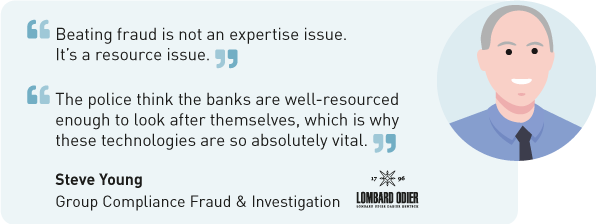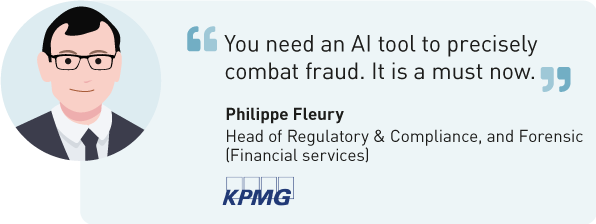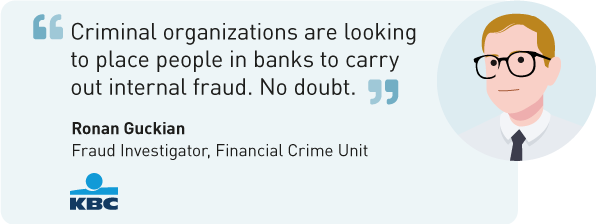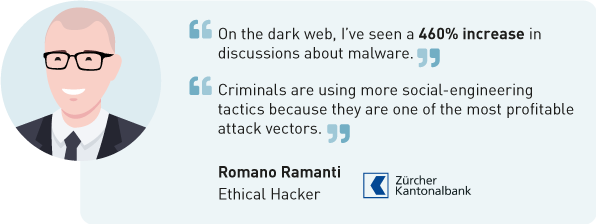When NetGuardians recently brought together some of Europe’s top fraud specialists from major banks and organizations, the resulting discussion was open, frank, and insightful
Covid-19 has changed behavior in financial services – ours and that of the fraudsters. More of us are banking remotely, be that online or via apps, giving criminals a bigger attack vector that they have proven keen to exploit.
In the spring, we hosted a panel led by some of the top experts in fraud surveillance and mitigation to discuss what’s been happening and how best to react – over 400 banking professionals attended. Topics covered ranged from the weaknesses in government relief schemes to malware and the dark web, the explosion in investment fraud, deep fakes, internal fraud, the importance of artificial intelligence in the fight against fraud, and the attitudes of law enforcement.
The recorded hour-long discussion makes fascinating listening for anyone working in fraud mitigation. Our knowledgeable guests were open, frank, and insightful.
 Steve Young, Group Compliance Fraud and Investigations, Bank Lombard Odier, for example, makes it clear that fraud is all too easy for criminals and talks about the “low-hanging fruit” available to them.
Steve Young, Group Compliance Fraud and Investigations, Bank Lombard Odier, for example, makes it clear that fraud is all too easy for criminals and talks about the “low-hanging fruit” available to them.
 Philippe Fleury, Head of Regulatory and Compliance and of Forensic (Financial Services), KPMG Geneva, believes banks still aren’t doing enough to protect themselves as fraud attacks evolve, particularly when it comes to internal fraud.
Philippe Fleury, Head of Regulatory and Compliance and of Forensic (Financial Services), KPMG Geneva, believes banks still aren’t doing enough to protect themselves as fraud attacks evolve, particularly when it comes to internal fraud.
 Ronan Guckian, Fraud Investigator at KBC Ireland’s Financial Crime Unit, points out that malware is now available as a service on the dark web, making it very easy for criminals to get the tools they need.
Ronan Guckian, Fraud Investigator at KBC Ireland’s Financial Crime Unit, points out that malware is now available as a service on the dark web, making it very easy for criminals to get the tools they need.
 Romano Ramanti, an ethical hacker at Zurich Cantonal Bank, shares his knowledge of the dark web and concludes that social engineering will continue to be a problem unless banks do more to stop fraudsters because “with very little effort they can get a lot of money.”
Romano Ramanti, an ethical hacker at Zurich Cantonal Bank, shares his knowledge of the dark web and concludes that social engineering will continue to be a problem unless banks do more to stop fraudsters because “with very little effort they can get a lot of money.”



